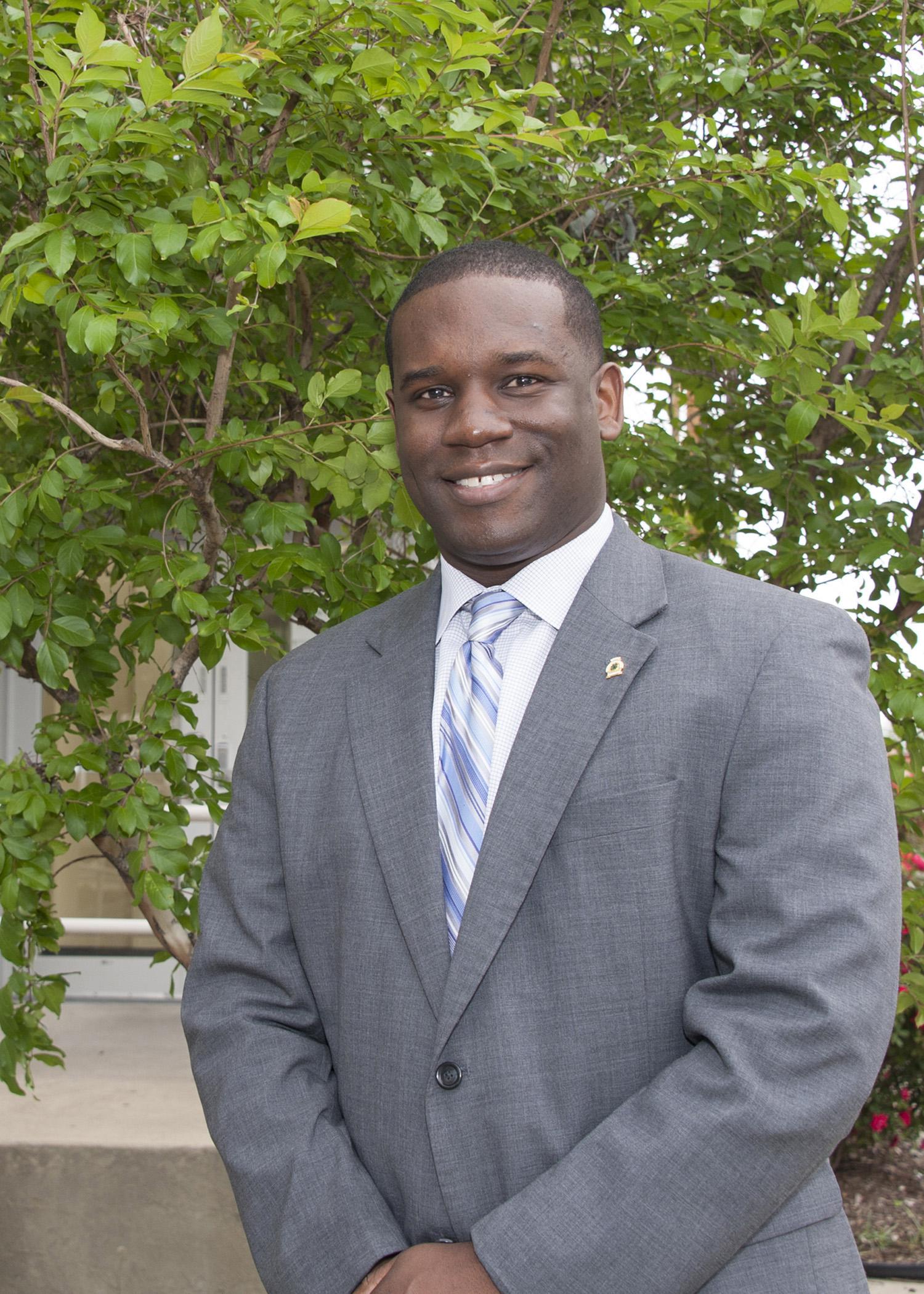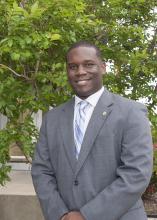Information Possibly Outdated
The information presented on this page was originally released on May 1, 2014. It may not be outdated, but please search our site for more current information. If you plan to quote or reference this information in a publication, please check with the Extension specialist or author before proceeding.
Johnson uses 4-H skills to improve Mississippi
JACKSON – A 4-H’ers lifetime dedication to “making the best better” resulted in a non-profit organization that intends to make Mississippi a better place.
Sanford Johnson, a native of Starkville, spent eight years in 4-H and said the skills he learned in the Mississippi State University Extension Service youth development program improved his life.
Five years ago Johnson and Rachel Hicks Canter, another former 4-H’er, created Mississippi First, a non-profit organization that aims to improve the state’s graduation rates and teen health with public education reforms.
Both Johnson and Canter completed stints with the Teach for America program, which trains and places qualified individuals in underserved school districts. After their teaching experiences, they wanted to do more to decrease the state’s high poverty, obesity and teen pregnancy rates.
“We both had similar experiences through 4-H and as teachers,” said Johnson, who lives in Clarksdale with his wife and daughter. “We share a pride in our state and want to make Mississippi a place where people want to stay and raise their children. We believe that the answer to some of the most pressing issues in the state start with helping students succeed academically and personally.”
As deputy director of advocacy at Mississippi First, Johnson provides research-based data to parents, students, teachers and community members to help them understand the benefits of Common Core curriculum and the Creating Healthy and Responsible Teens, or CHART, Initiative.
Johnson credits his motivation and abilities to his involvement in 4-H. He joined Oktibbeha County 4-H in 1990 as a Cloverleaf after he moved to Starkville from Cleveland. He participated in several projects and programs, including public speaking. He also served on the leadership team. As state vice president and state president in the mid-1990s, he traveled to several states and interacted with a diverse set of people.
“Meeting different people and learning about their viewpoints was one of the most influential experiences for me,” he said. “I was exposed to people who looked different and had different backgrounds. That challenged me in a good way and definitely made an impact on me.”
4-H was a family affair for Johnson, whose mother, Everlyn Johnson, is a retired Extension clothing and textiles specialist. But it was the relationships he formed that kept him interested in the organization.
“There was never any question that I was going to be involved in 4-H,” he said. “My grandmother was a 4-H leader. My mom was in 4-H as a child, and she worked for Extension.
“But I really enjoyed meeting new people. I still stay in touch with friends I made in 4-H. A big part of my job is community outreach, and it’s a common occurrence for me to run into someone I knew in 4-H,” Johnson said.
Over the last century, the Extension Service has evolved to meet the skill-building needs of young people. From livestock to robotics, 4-H programs have been offering children ways to find their callings for decades.
Rae Oldham, Extension 4-H specialist, said she remembers Johnson as a natural leader.
“Sanford was and still is an outstanding young man,” Oldham said. “He was a leader at an early age and saw no barriers to life. He wanted not only to improve himself but also to help his peers. He always included everyone. He was charismatic and had great speaking and listening skills.”
Mississippi needs people like Johnson, Oldham said. And 4-H is still a wonderful network to help young people reach their full potential.
“4-H provides a safe and supportive environment for youth to explore all the possibilities available to them while encouraging them to develop and obtain knowledge and skills that will enable them to be contributing and involved citizens in their communities.”
Johnson agreed.
“4-H teaches young people to be leaders,” he said. “These kids are going to get to run the state one day, and leaders must be able to communicate with people who are different from themselves.”


